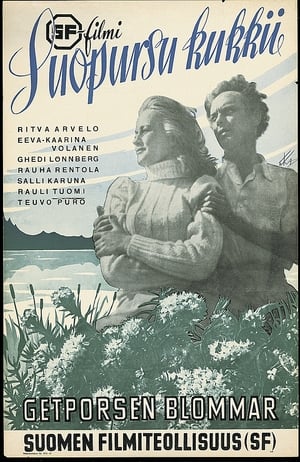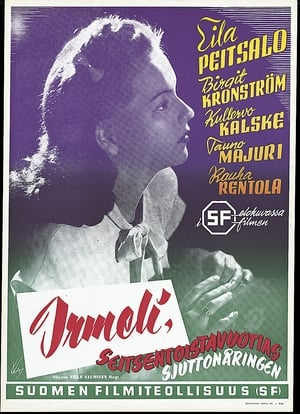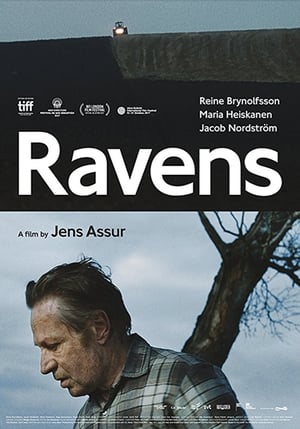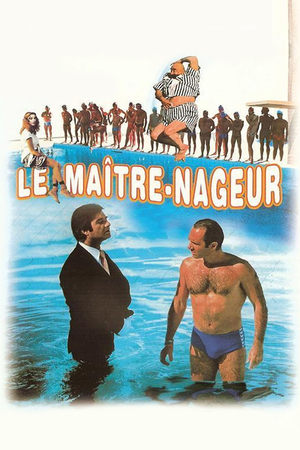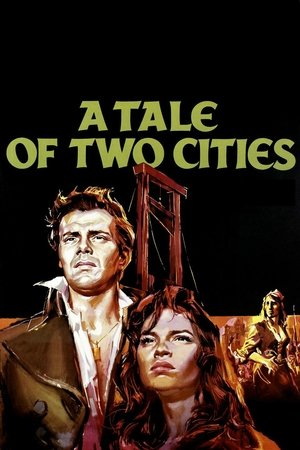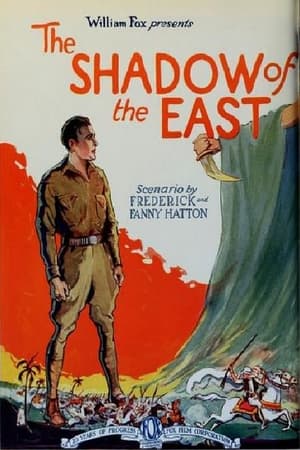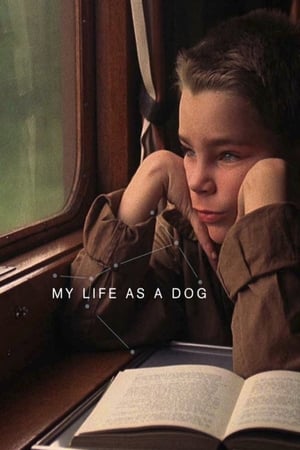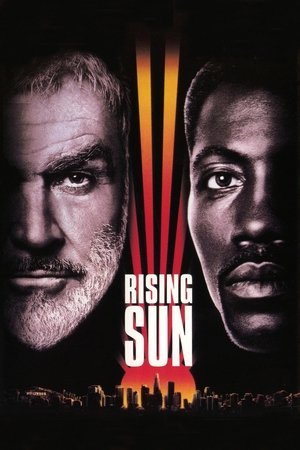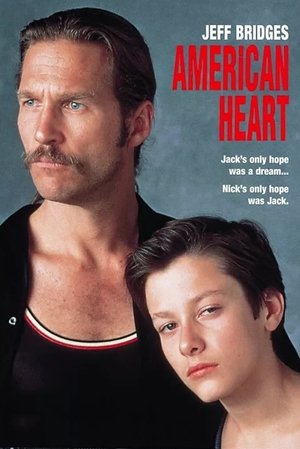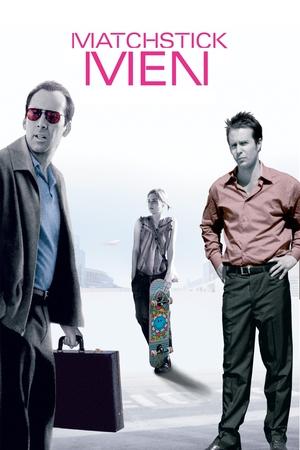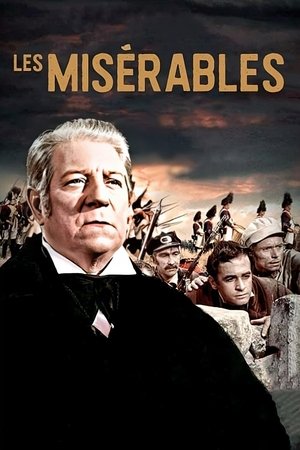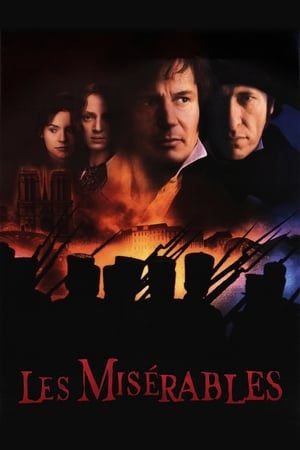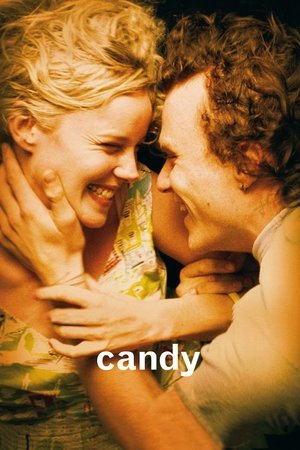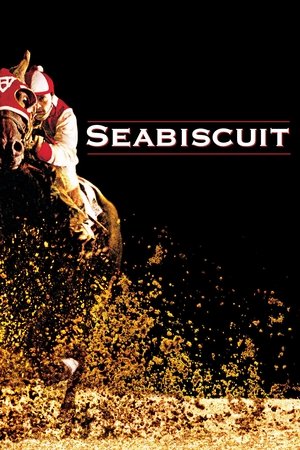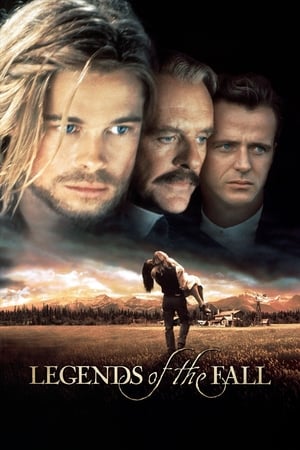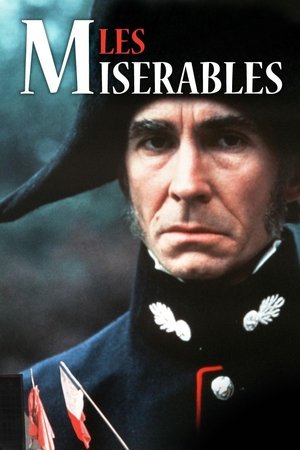Overview
In the midst of the Great Depression, manipulative emcee Rocky enlists contestants for a dance marathon offering a $1,500 cash prize. Among them are a failed actress, a middle-aged sailor, a delusional blonde and a pregnant girl.
Reviews
Despite the constant streams of sweat on display here, there is something physically and emotionally arid about this two hours of cinematic torture. With the depression in full swing, the down-at-heart “Gloria” (Jane Fonda) heads to California in the hope of becoming a starlet. Meantime, equally disheartened “Robert” (Michael Sarazin) is frustrated that he can’t make a career at the other end of the camera. Desperate for cash, they join a throng of other unfortunate folks in a dance marathon which awards the winners $1,500 (minus deductions!). The whole thing is rather cynically administered by “Rocky” (Gig Young) and as the dancers go round the floor, so we go round the dancers and we meet an group of people whose problems and demons are laid bare. First amongst those somewhat tragic equals would appear to be “Alice” (Susannah York) but it’s a close run thing with a pregnant couple really struggling to keep pace and with, for me anyway, the most poignant of all - the sailor (Red Buttons) who had done his bit for Uncle Sam, but was now reduced to this most torturous form of fund raising which his body was now ill equipped to handle. As the days pass, and the excellent make-up artists do their work, the visceral nature of the characterisations emerge unrelentingly, leaving us with a distinctly uncomfortable watch that exposes a fruitlessly venal culture based on the premise of dog eat dog. Perhaps, though, as these people endure physically and psychologically, they might begin to realise that the pot of gold at the end of this rainbow isn’t actually the cash, but a sense of self-respect. The last ten minutes settle things in quite traumatic fashion and suffice to say there is no chocolates and Champagne. The dialogue is sparingly potent with gentleness and optimism gradually replaced by a stoic realisation of the relentlessness of their predicament and I think Sarazin, Fonda and particularly York give the performances of their careers in the slow-burning exposé of human toxicity.

 120 min
120 min
 7.582
7.582
 1969
1969
 USA
USA
 CinemaSerf wrote:
CinemaSerf wrote:
